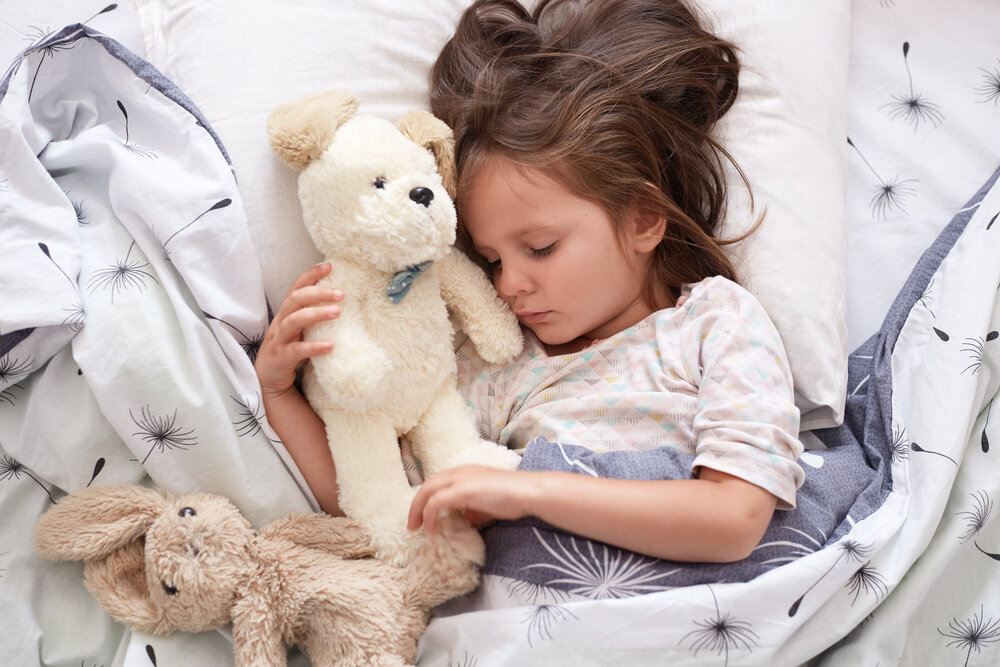
Sleep Help for Kids Who Resist Bedtime
I first heard the term FOMO several years ago on an episode of Keeping Up with the Kardashians, which is one of the many guilty pleasure shows Meg and I used to watch before we had kids (I am sure many of you parents can empathize).
When I heard the term, I turned to Meg (who is the one in the relationship that is more ‘on trend’) and asked her what it meant. Like always, with her signature wry smile and wit (rubbing it in that I am not as trendy), Meg began to explain that it was a term used to capture the psychological pain, anxiety, and fear of not being included in some activity or event (like a birthday party) or just missing out on certain experiences that the individual perceives and believes they will never be able to experience ever again. FOMO is the flipside of the YOLO (you only live once) coin.
FOMO as Sleep Resistance in Kids
As I digested the meaning of FOMO and YOLO, I realized that these sentiments are not actually new because I remembered very well as a child the feeling of FOMO, mostly occurring around bedtime. I remember vividly when family members and friends would visit us in Jamaica and all of us would play games and tell stories. I basked in the glory of being a child in an adult setting and would pretend I was one of them, mimicking their every move and laughing along. This feeling would be cut short by the dreaded command of “Ziz bedtime, go to bed!” I would pout and cry and con our visitors to petition on my behalf as to why I should get more time to stay up with the adults. Having this happen to me so many times induced an adversarial relationship with sleep. I hated sleep as a child!
Flashforward and my dislike for sleep as a child seem to have been inherited by our kids. Before we got them on a sleep schedule that they loved, our kids exhibited classic FOMO behaviors and tantrums. Our kids were more afraid of FOMO than a dark room.
FOMO has pervaded our society (especially now that the world is socially isolating itself in the wake of the COVID-19 pandemic) and is most pronounced in our reality TV and social media generations. Although this can have some positive effects, such as making us live life to the fullest, for the most part, it can cause stress, anxiety, and fatigue which affects our sleep. To address our feeling of FOMO, we desirously and slovenly binge-streamed TV shows and social media thus sacrificing our sleep. This activity illustrates bad sleep health habits and behaviors of our children.
If you feel like you and your family are struggling with new routines set in place by Covid-19, check out our blog Calming Techniques for Kids When Routines are Disrupted.
Scientists believe that our fear of missing out could shorten sleep in two ways:
1) Delaying bedtimes
2) Causing disturbing feelings like stress, anxiety, and fear immediately before bedtime
The relationship between FOMO and sleep is cyclical. Shortened sleep, the previous night can affect stress, emotion and mood regulation the following day. This worsens the feelings of FOMO.
Possible signs of sleep resistance in kids:
- Your child becomes extremely anxious only around bedtime
- They fight sleep or cannot settle down when put to bed
- Your child stays awake and is restless for extended periods after you put them to bed. Upon your return, they calm down
- They cry even when you are rocking or bouncing them to sleep
- Your child wakes at the drop of any noise
- Sleep regression – when a child has been sleeping well but starts to experience regular poor sleeping patterns
Steps and tips to address sleep resistance in kids:
- Set up a routine for bedtime that children look forward to – this could include bath time, reading books, etc
- Ensure that the sleep environment is conducive to sleep – curtains over windows, white noise machines, cool temperature
- Have a stuffed animal or blanket as a transitional object can help children deal with separation anxiety.
- The use of digital storytimes, like Moshi, can help with feelings of FOMO. It gives kids something special that’s just for them and reserved specifically for sleep times.
- Try to avoid exciting activities immediately before bed. Meg and I have a rule where we avoid exciting activities at least 30 minutes before bed to create a relaxing and calm routine.
- Be mindful of adult activities and their volume after you have put the kids to bed. For kids, hearing the TV or adult conversation happening without them can undo all your good bedtime efforts. White noise machines can be extremely helpful if you are in close quarters.